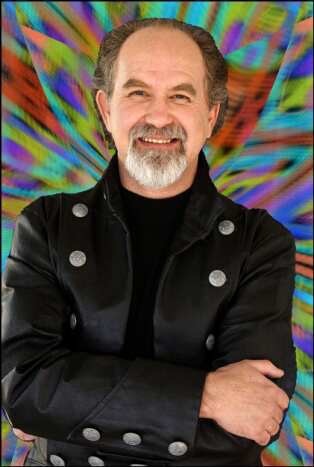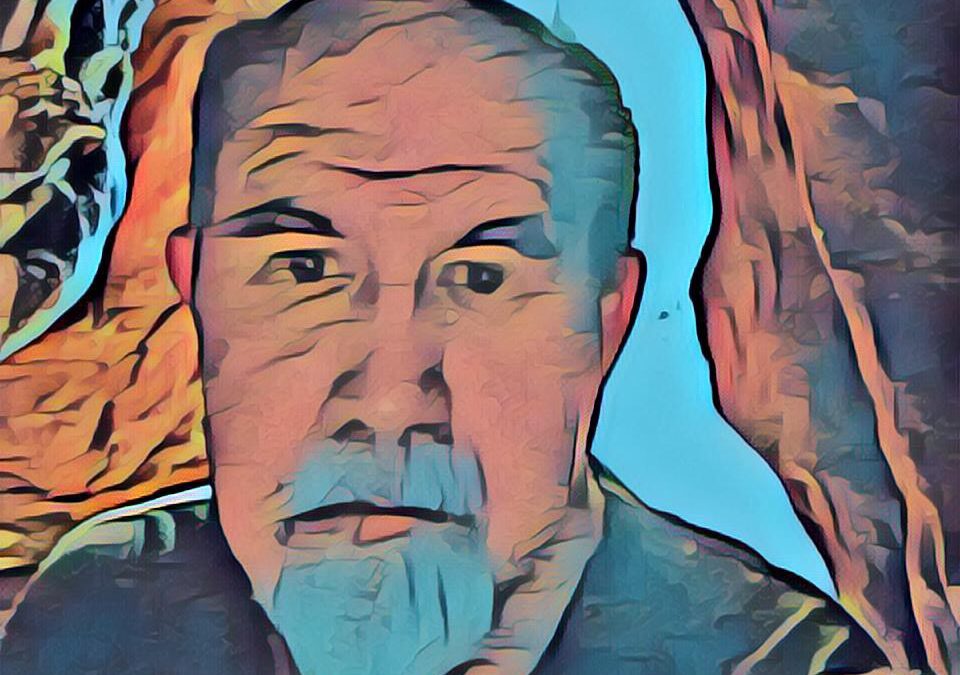Today, many magicians and mentalists are the loud examples of anti-wonder. They want to let people know that magic and mentalism have no real power, and that everything is a just one big trick.
That’s fine, for those who want to do trickery only, or feel that the best service they can give to the others is to point out that the world is full of frauds.
I grew up learning from the teachings of Tarbell, Ormond McGill, S.H. Sharpe and the like. Those teachers boldly proclaimed that magic and mentalism could actually help people.
That might seem ridiculous to you. You might think that entertainment is meant only to amuse.
Or, you might think that doctors and medical professionals who learn tricks can solely use magic to heal.
I am here to tell you that magic is a powerful tool for metaphor and suggestion. Your magic and mentalism can inspire people to believe in themselves. Magic and mentalism can symbolically suggest to the subconscious that they have the power to help heal all who see them. The trick to make magic and mentalism powerful again is in the words you use, outwardly and inwardly. It is also important that the tricks you perform hint to the audience’s subconscious minds to go to work to help.
You can do this by performing for thousands, or with a friend, one-on-one.
There are certain principles you need to know to be able for magic and mentalism to help people help themselves. You should understand allusion rather than illusion only. You need to know how to hint at something without saying it all directly. You need to know symbols, and how these work as the language of the subconscious.
You do not need to tell long stories, preach at people, tell them what to believe, or insist they accept your personal beliefs, to use magic and mentalism in a healing way.
Magic and mentalism represents the inner world of each of us. We might be restoring something, bending metal, causing an object to shrink, or getting someone to see things that are not seen by others. Whatever it is, the suggestion of the trick is deeper than the mere surface appearance of the trick.
We need to stop thinking in terms of “Three Fly” and think instead of terms such as “Traveling Change.” We might start with silent scripts such as “The breaking down and rebuilding of a life” rather than “Torn and Restored Card.” What if we thought about “bright transformation out of darkness to inner riches” rather than “The 4 of Spades turns into the 3 of Diamonds”? You wouldn’t say these sort of things out loud perhaps, but you could silently think them.
What does that matter? Our planned thoughts or “silent scripts” are communicated to others indirectly, subconsciously. The deeper meanings show in our face and movements, in ways in which we are not often conscious.
What else can you do? Sometimes when I perform I see someone with a bandaged finger or a cast on their arm. I may have this person hold a sponge ball in their other hand. I then cause a ball in my hand to vanish. I seem confused or disappointed. I tell the person to open their hand. Of course, they find that they now hold two sponge balls in their hand. “MUCH better!” I say, apparently referring to the fact that they now have the ball I apparently lost. But what I say is, “MUCH better!” and I gently touch the bandaged area or cast as I say these words. I might do this several times in the course of a routine. “Even better!” I may say as a greater climax of the routine takes place.
What else might you do? You might overhear that someone is struggling with money. You pretend not to hear this of course. Later, you walk over to the person and say something such as, “I am a magician, would you like to try a little Magic? Nothing difficult. I just thought I might help you turn your fortune around.” Then do a short Miser’s Dream, or see if you can borrow a very small bill, change it to a larger denomination, and leave the bill with that person. “See? Things are changing!” you might say, as you walk off without further comment. You never directly state, “I overheard you are struggling with money,” You don’t stick around to build up your ego after you give the bill either. You walk off, leaving the person with a truly magical moment that hints that his money issues in life have just changed.
What else might you do? Well, you might do a short personality reading that hints at positive changes happening for the person.
You might find special routines and effects developed solely to help people. I have created many of them through the years. I have a Metal Bending Course that includes metal bending as motivation and metaphor. I have been doing this since the 1970s. Learning the older secret ways of using metal bending as suggestion to motivate and help others is very entertaining, and honestly useful to people. It goes far beyond boosting the ego and fooling people with some “spoon moves.”
I created a version of my Signs of Influence that includes special images to help read and heal people as they look at the images. You can learn more about that in my Signs of Influence Course.
I also have important work on pocket cloud busting and other business card ways of helping people to help heal or transform themselves. Some of you know of these secrets, but not too many.
Legally, in certain countries, the medical community own the rights now to use the word “heal.” But you can help people help themselves by suggestion. Suggestion doesn’t mean putting people into trances! Suggestion is a hint, something stated indirectly, a gentle, often barely perceptible, command. “Healing” can take many forms. It may or may not be what you think it should be. That is why it is best to use magic and mentalism in a way that helps people work with their own inner world, to reshape their lives as their inner world best sees fit.
If you have Wonder Words then you will have other tools to help others too. Look up the healing words, anti-advice words, and other word influence that can be applied to help people help themselves.
It’s more than all right to take the power back for magic and mentalism, if you use it to help others help themselves. Don’t make healing or ego claims. Hint at ways you can help others that are beyond mere distraction and amusement. Dare to allow magic to carry an element of the magical. Use mentalism in a way that exercises real mental abilities.
Magic and mentalism doesn’t have to remain down in the basement embarrassed by what they once were. They don’t have to accept the shaming of magic and mentalism as nothing but trickery. They can realize the power of positive suggestion and allusion over illusion.
As I wrote in “Genuine Amazement“: “I prefer allusion to illusion. I prefer to make people part of the ALL-usion than make them ILL.”
How about you? Do you now dare to reclaim your power? I hope you will join my students and me in doing just that.
Kenton Knepper
Check out Kenton’s Inner Sanctum for more training and insight along these lines.


As always, you say it well and you are so right.